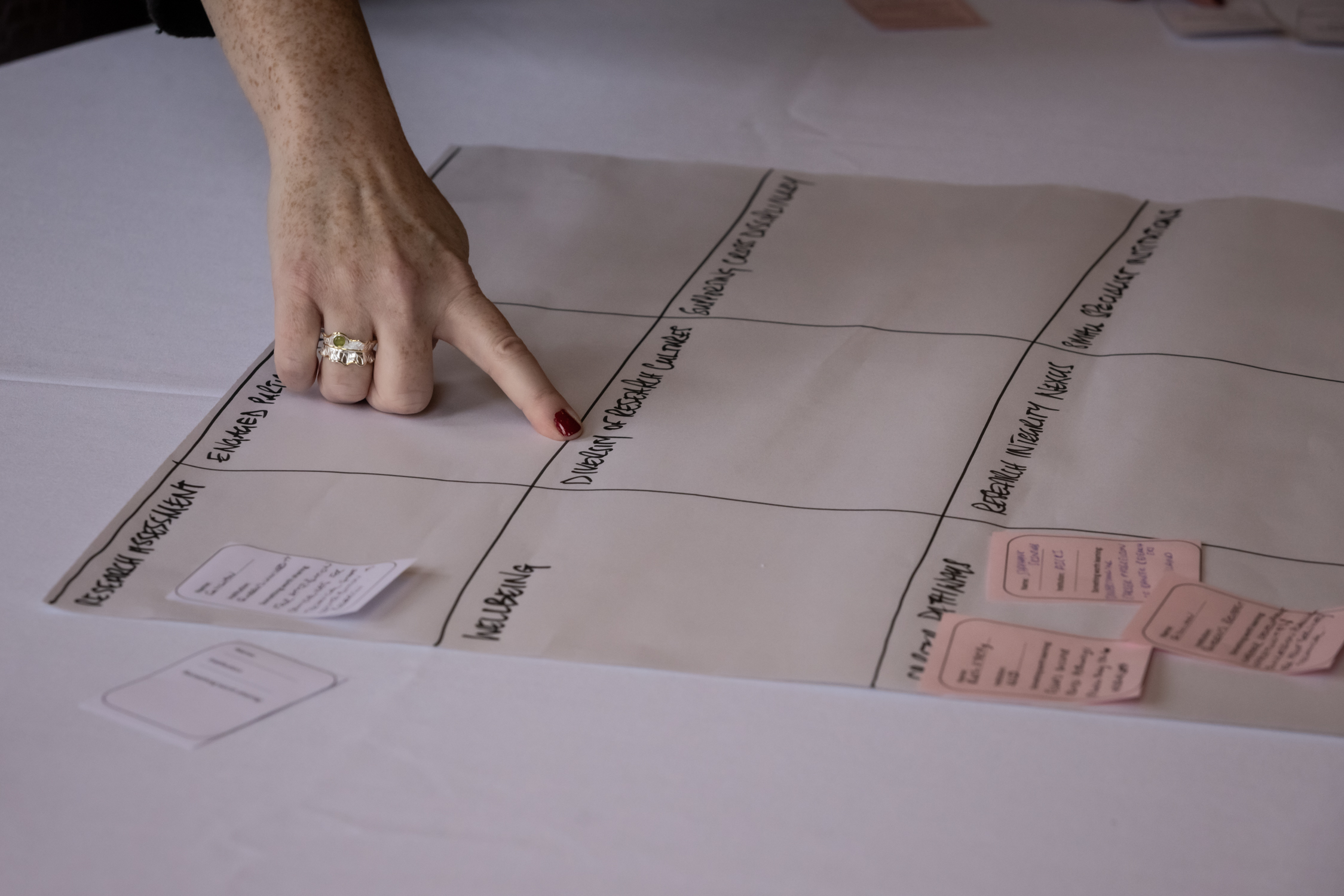
Dr James Morris
Presentation slides
Presentation Abstract
An International Approach to Advancing Research Cultures: How to Track Progress &
Build Evidence
In 2021, Science Europe adopted ‘contributing to the evolution of research cultures’ as one of
three strategic priorities. At the time, the term ‘research culture’ was not commonly used in
many national research systems in Europe and was hence variably understood. Over the last
4 years, Science Europe has explored the concept of through numerous specific research
policy projects from supporting diversity to promoting attractive careers in research, and
from embedding open science to ensuring integrity and ethics in research practice, and in
doing so has developed a common, Europe-wide, understanding of research cultures based
upon shared values. Advancing research cultures internationally requires both specific
targeted action as well as collaborative and strategic steering. For both aspects, tracking
progress and building an evidence base of what does and does not work is essential.
In March 2025, Science Europe published a ‘Vision for Research Cultures’, providing a
comprehensive and long-term perspective to define institutional and systemic policies in
support of the evolution of research cultures in Europe, and globally. To complement this
Vision, Science Europe made several commitments to act, including monitoring advances,
qualitatively tracking progress, and building an evidence base for all. In this presentation, I
will discuss the types of actions that Science Europe is undertaking to address these
commitments, and how it plans map, monitor, and measure research cultures across Europe
in a careful and considered manner to avoid unwanted effects and unintended
consequences.
